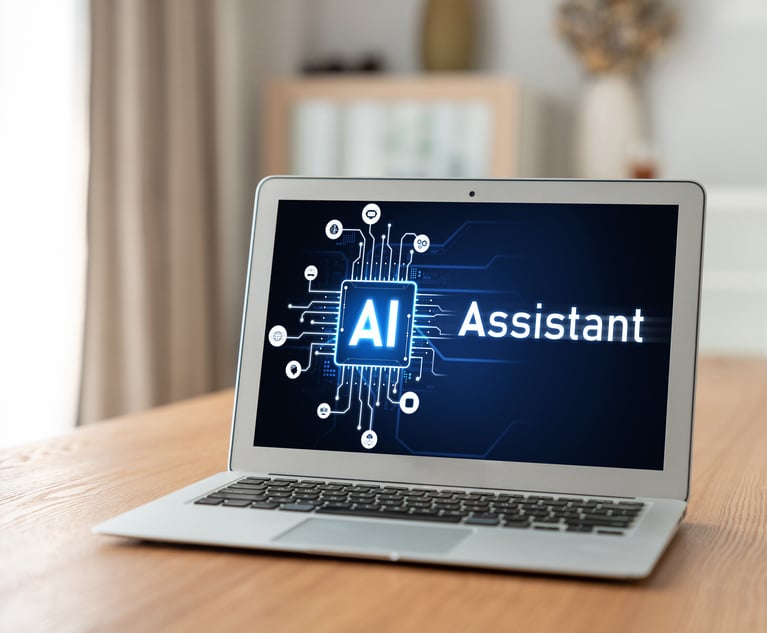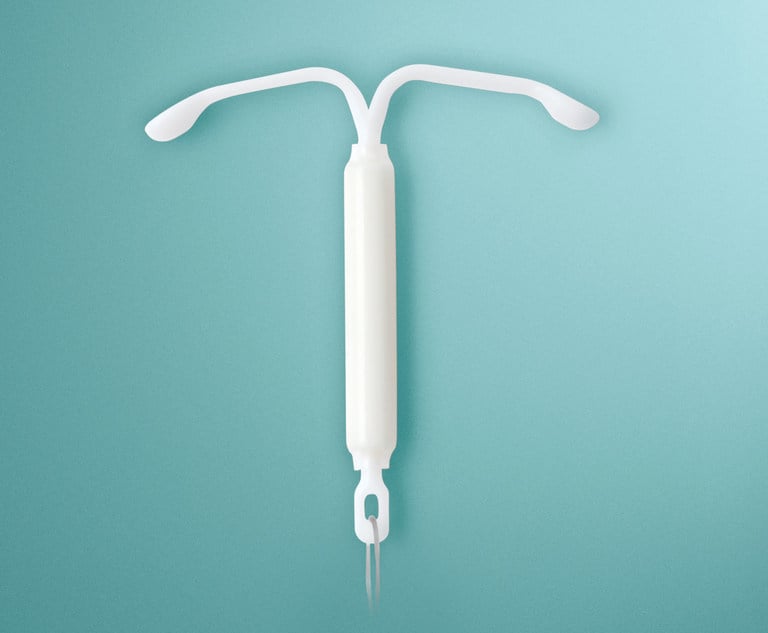Former Google In-House Discovery Leader Says It's Important to Invest in People Before Tech
For Pamela Davis, who left Google last year, success is about a lot more than just technology.
March 15, 2018 at 07:44 PM
2 minute read
 “Googleplex”, Google Headquarters, Mountain View. Photo: Shutterstock.
“Googleplex”, Google Headquarters, Mountain View. Photo: Shutterstock.
Google's former director of legal, discovery and litigation support, Pamela Davis said that her former department was “like 'Fight Club'” when she was there—people couldn't talk about what they were doing.
But when she spoke at the Summit on Legal Innovation and Disruption Thursday in San Francisco, Davis opened up about her former department's growth during her almost eight years there.
When Davis joined Mountain View-based Google's discovery team in 2010, she said it was small and inefficient, sometimes spending over $10 million on one case, without getting great quality in return from outside service providers. She knew there was a better way to invest that money, and began putting resources into hiring more in-house lawyers at Google with a deep passion for discovery.
“For me, technology is really, super important, AI is a game changer, but none of that really works without the people,” she said.
When she joined Google, she had a team of only three people, a number that eventually grew astronomically under her leadership, in part due to her mission to find lawyers passionate about discovery work in-house.
“When I came to Google my hypothesis was, what would happen if you really invested in the people?” she said. “And then I went out and found those people.”
The people Davis hired were “excited about discovery and wanted to make it a career,” and Google became a place where that career path was a possibility, she said. She trained lawyers, paralegals and other in-house staff with a passion for discovery and gave them in-house responsibilities as part of the team.
“Really the key, the thing that made it all successful was the people, and I'm quite proud of that,” she said. “We were able to make a career in this business. That I love, and I'm very proud of that.”
Davis said her investment in other passionate people paid off. When she left last year, Davis noted that the discovery team had grown to just under 90 people and was saving Google more than 80 percent of its discovery costs.
“We had turned discovery from a weakness to a strength,” she said.
This content has been archived. It is available through our partners, LexisNexis® and Bloomberg Law.
To view this content, please continue to their sites.
Not a Lexis Subscriber?
Subscribe Now
Not a Bloomberg Law Subscriber?
Subscribe Now
NOT FOR REPRINT
© 2025 ALM Global, LLC, All Rights Reserved. Request academic re-use from www.copyright.com. All other uses, submit a request to [email protected]. For more information visit Asset & Logo Licensing.
You Might Like
View All
California Supreme Court Affirms $2.5M Discovery Sanction Against Los Angeles
4 minute read
AI Tools Creating Digital Paper Trails That Could Haunt Companies in Court

FTC Says Amazon Execs Used Messaging App's Auto-Delete, Even as Antitrust Probe Unfolded
Trending Stories
- 1The Quiet Revolution: Private Equity’s Push Into Law Firms
- 2Restoring Trust in the Courts Starts in New York
- 3'Pull Back the Curtain': Ex-NFL Players Seek Discovery in Lawsuit Over League's Disability Plan
- 4Tensions Run High at Final Hearing Before Manhattan Congestion Pricing Takes Effect
- 5Improper Removal to Fed. Court Leads to $100K Bill for Blue Cross Blue Shield
Who Got The Work
Michael G. Bongiorno, Andrew Scott Dulberg and Elizabeth E. Driscoll from Wilmer Cutler Pickering Hale and Dorr have stepped in to represent Symbotic Inc., an A.I.-enabled technology platform that focuses on increasing supply chain efficiency, and other defendants in a pending shareholder derivative lawsuit. The case, filed Oct. 2 in Massachusetts District Court by the Brown Law Firm on behalf of Stephen Austen, accuses certain officers and directors of misleading investors in regard to Symbotic's potential for margin growth by failing to disclose that the company was not equipped to timely deploy its systems or manage expenses through project delays. The case, assigned to U.S. District Judge Nathaniel M. Gorton, is 1:24-cv-12522, Austen v. Cohen et al.
Who Got The Work
Edmund Polubinski and Marie Killmond of Davis Polk & Wardwell have entered appearances for data platform software development company MongoDB and other defendants in a pending shareholder derivative lawsuit. The action, filed Oct. 7 in New York Southern District Court by the Brown Law Firm, accuses the company's directors and/or officers of falsely expressing confidence in the company’s restructuring of its sales incentive plan and downplaying the severity of decreases in its upfront commitments. The case is 1:24-cv-07594, Roy v. Ittycheria et al.
Who Got The Work
Amy O. Bruchs and Kurt F. Ellison of Michael Best & Friedrich have entered appearances for Epic Systems Corp. in a pending employment discrimination lawsuit. The suit was filed Sept. 7 in Wisconsin Western District Court by Levine Eisberner LLC and Siri & Glimstad on behalf of a project manager who claims that he was wrongfully terminated after applying for a religious exemption to the defendant's COVID-19 vaccine mandate. The case, assigned to U.S. Magistrate Judge Anita Marie Boor, is 3:24-cv-00630, Secker, Nathan v. Epic Systems Corporation.
Who Got The Work
David X. Sullivan, Thomas J. Finn and Gregory A. Hall from McCarter & English have entered appearances for Sunrun Installation Services in a pending civil rights lawsuit. The complaint was filed Sept. 4 in Connecticut District Court by attorney Robert M. Berke on behalf of former employee George Edward Steins, who was arrested and charged with employing an unregistered home improvement salesperson. The complaint alleges that had Sunrun informed the Connecticut Department of Consumer Protection that the plaintiff's employment had ended in 2017 and that he no longer held Sunrun's home improvement contractor license, he would not have been hit with charges, which were dismissed in May 2024. The case, assigned to U.S. District Judge Jeffrey A. Meyer, is 3:24-cv-01423, Steins v. Sunrun, Inc. et al.
Who Got The Work
Greenberg Traurig shareholder Joshua L. Raskin has entered an appearance for boohoo.com UK Ltd. in a pending patent infringement lawsuit. The suit, filed Sept. 3 in Texas Eastern District Court by Rozier Hardt McDonough on behalf of Alto Dynamics, asserts five patents related to an online shopping platform. The case, assigned to U.S. District Judge Rodney Gilstrap, is 2:24-cv-00719, Alto Dynamics, LLC v. boohoo.com UK Limited.
Featured Firms
Law Offices of Gary Martin Hays & Associates, P.C.
(470) 294-1674
Law Offices of Mark E. Salomone
(857) 444-6468
Smith & Hassler
(713) 739-1250







